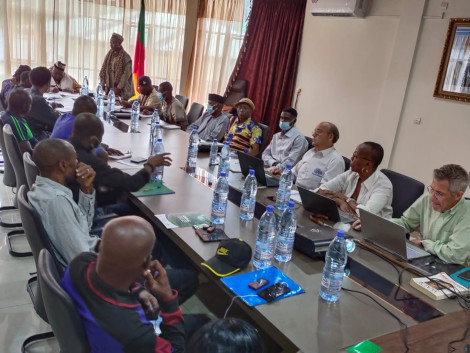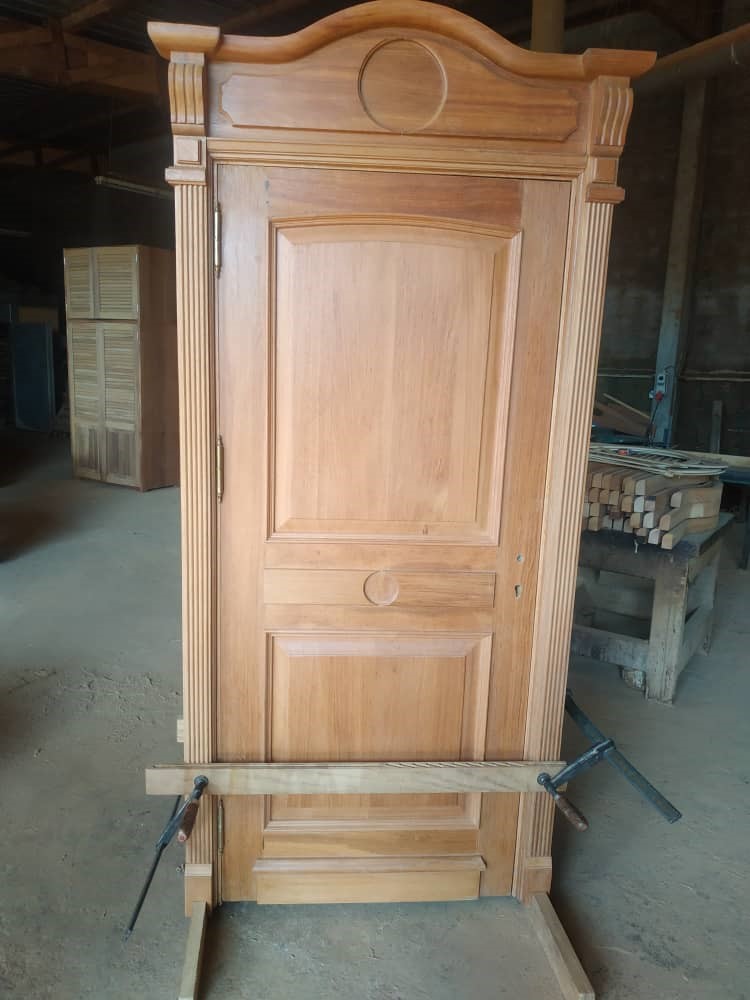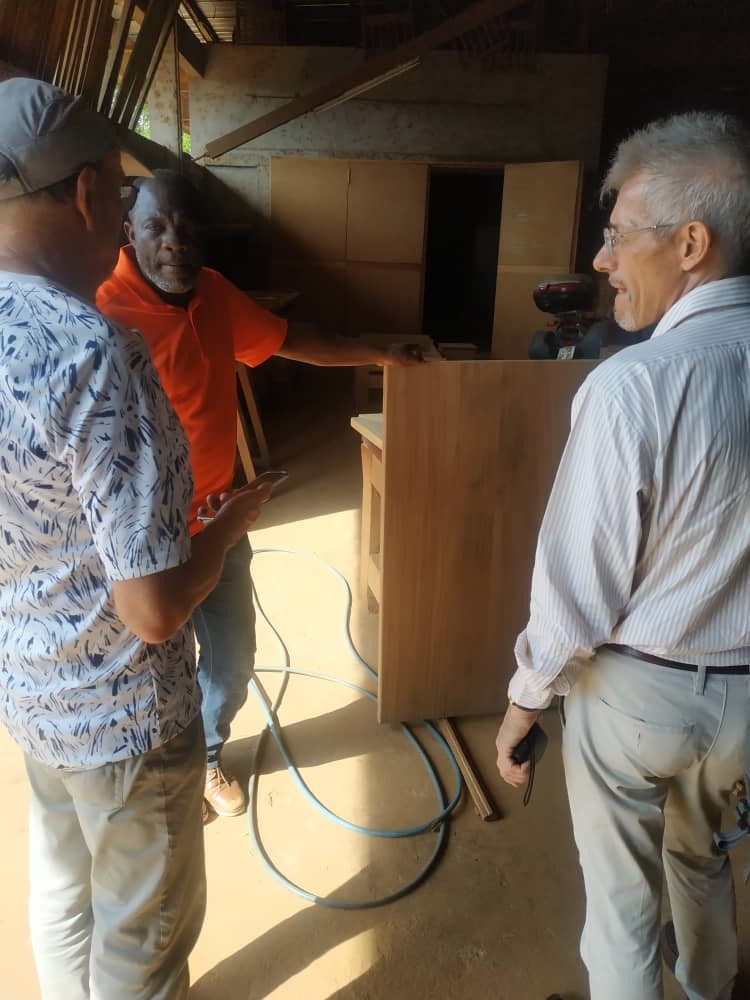

News | 12.11.2021
A mission of support accompaniment of the associations of small and medium-sized craft industries of the timber sector to integrate the training function in the management of their structures, took place between October 11 and November 04, 2021.

The objective of this mission was to make a diagnosis of the organization of associations and of their capacity to manage the training function. The aim was to discuss with the professionals their production chain and their needs, and ultimately to make recommendations for structuring the sector in order to integrate the training function.
The two expert consultants, Pierre DESCOMBES and Eric HAUDIQUET, met with the umbrella organizations FECAPROBOIS, ANCOVA, ATBO and Artisans au féminin, as well as several of their members. These actors benefited from a participatory diagnosis and formative meeting sessions. They were also able to meet with officials of training institutions: CPB Nkolbisson, Lycée Technique Charles Atangana, ENEF Mbalmayo, CFTM, Don Bosco Mimboman and Don Bosco Ebolowa. The involvement of community forests through ReCTRAD and the Southern Regional Council to supply the local market with timber led the consultants to visit a community forest and hold a training meeting in Ebolowa.
Some results of the diagnosis:
 Craftsman Realization
Craftsman Realization
From these observations, two strategic axes of intervention emerge, on which all the stakeholders of the forestry-wood sector are led to work, beyond the ADEFAC project:
 Craftsman visit
Craftsman visit
The next activity to be carried out within the framework of the ADFEAC project and which supports this idea of a project management in 2 or 3 poles, is the training of trainers which will take place in Yaoundé from November 22, 2021 to December 04, 2021. The participants in this training are professionals from companies, SMEs and trainers from training institutions.